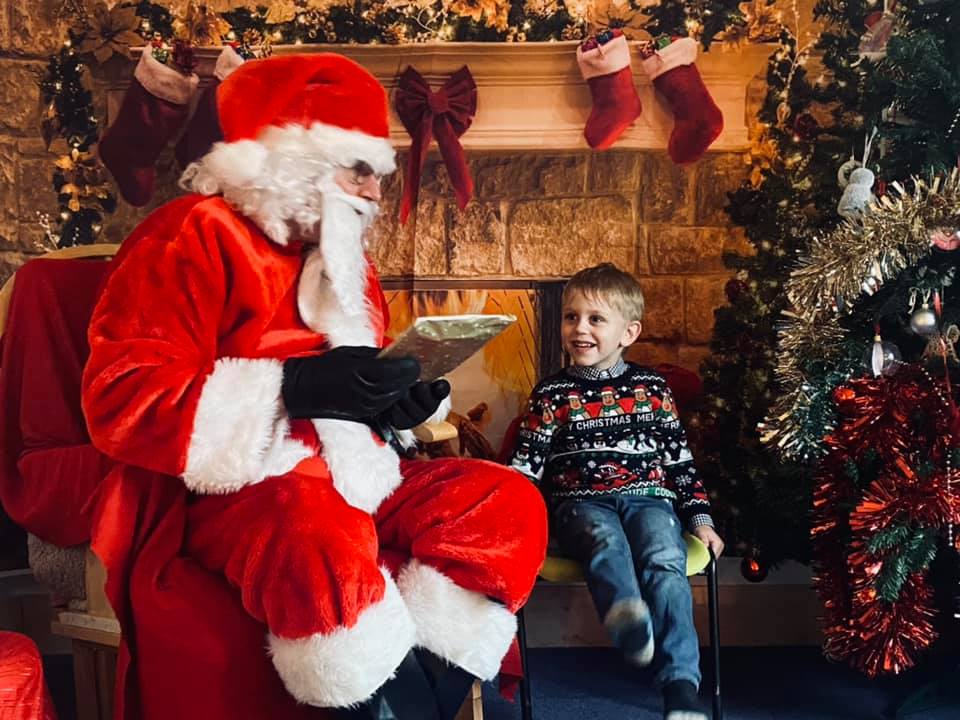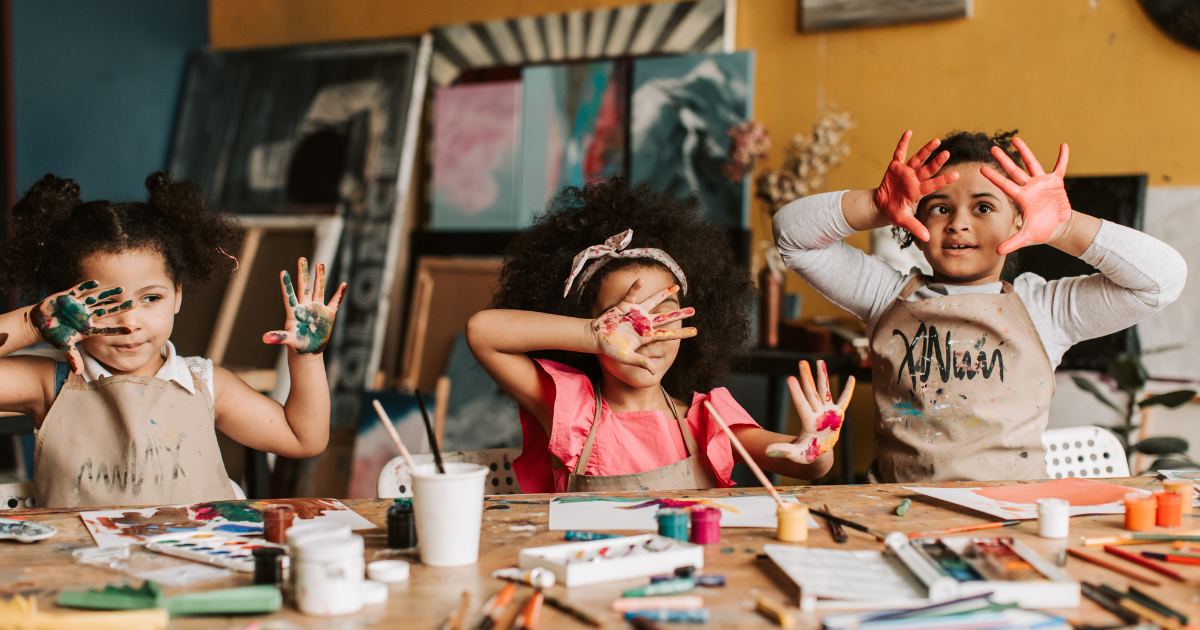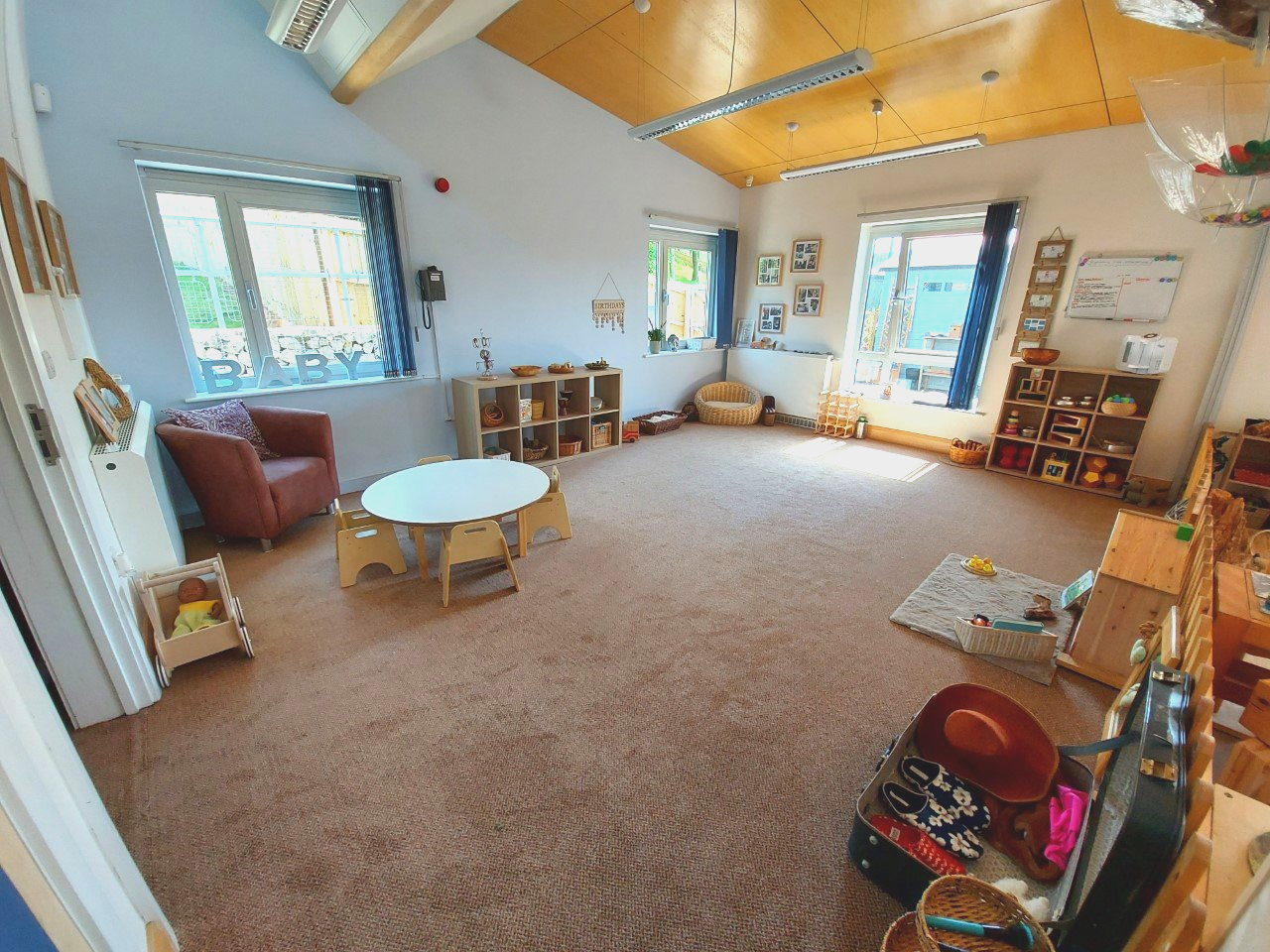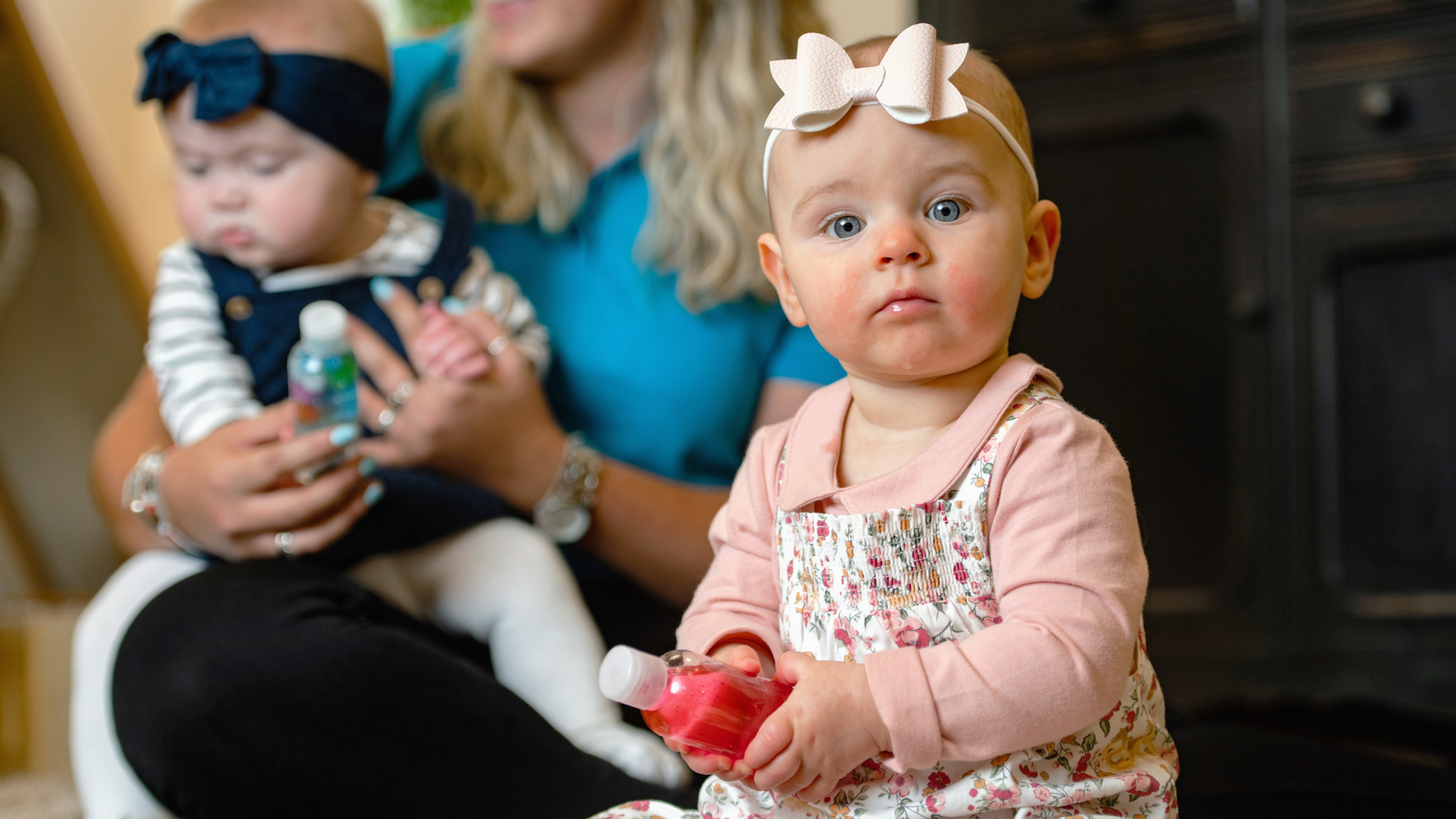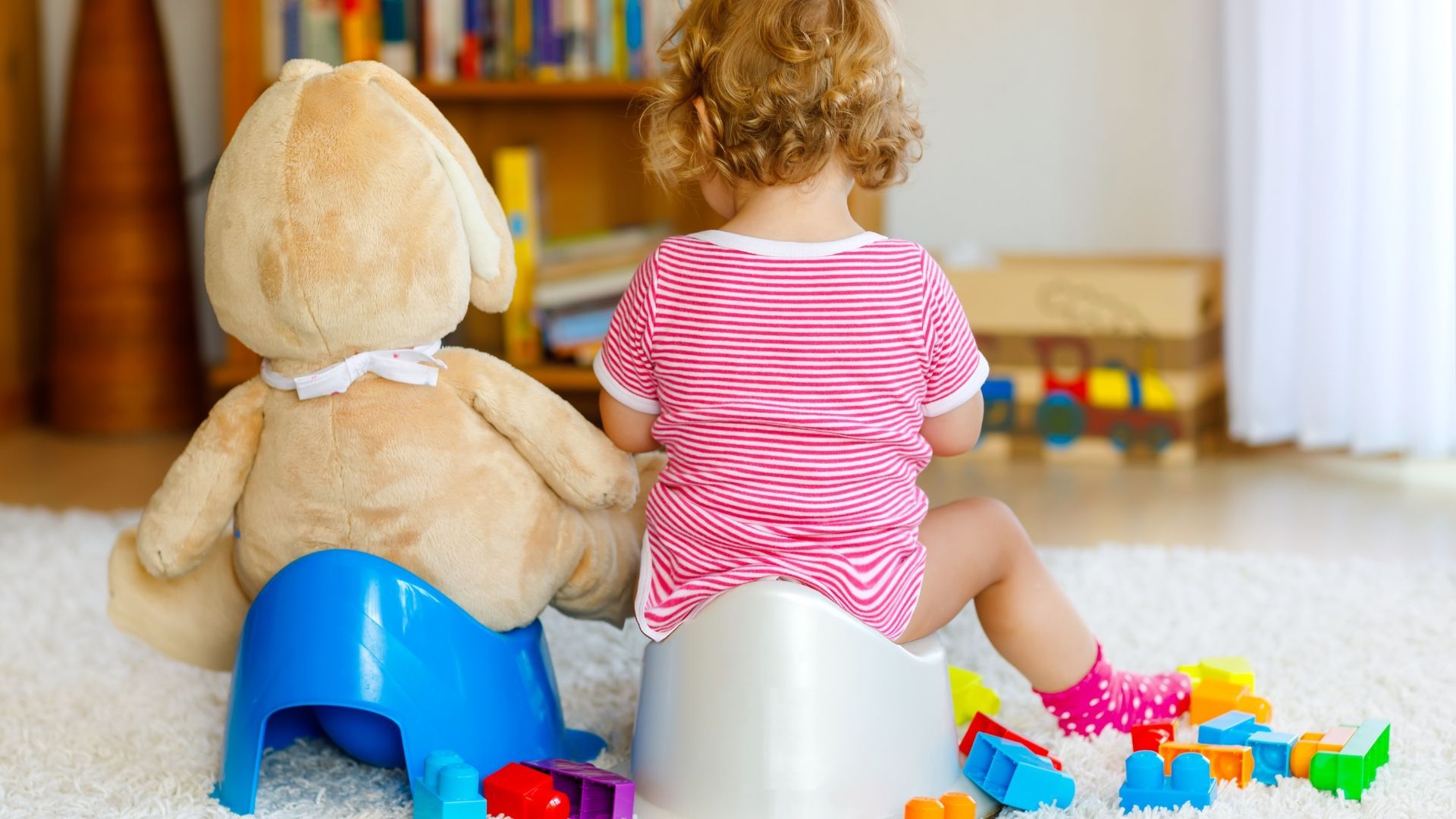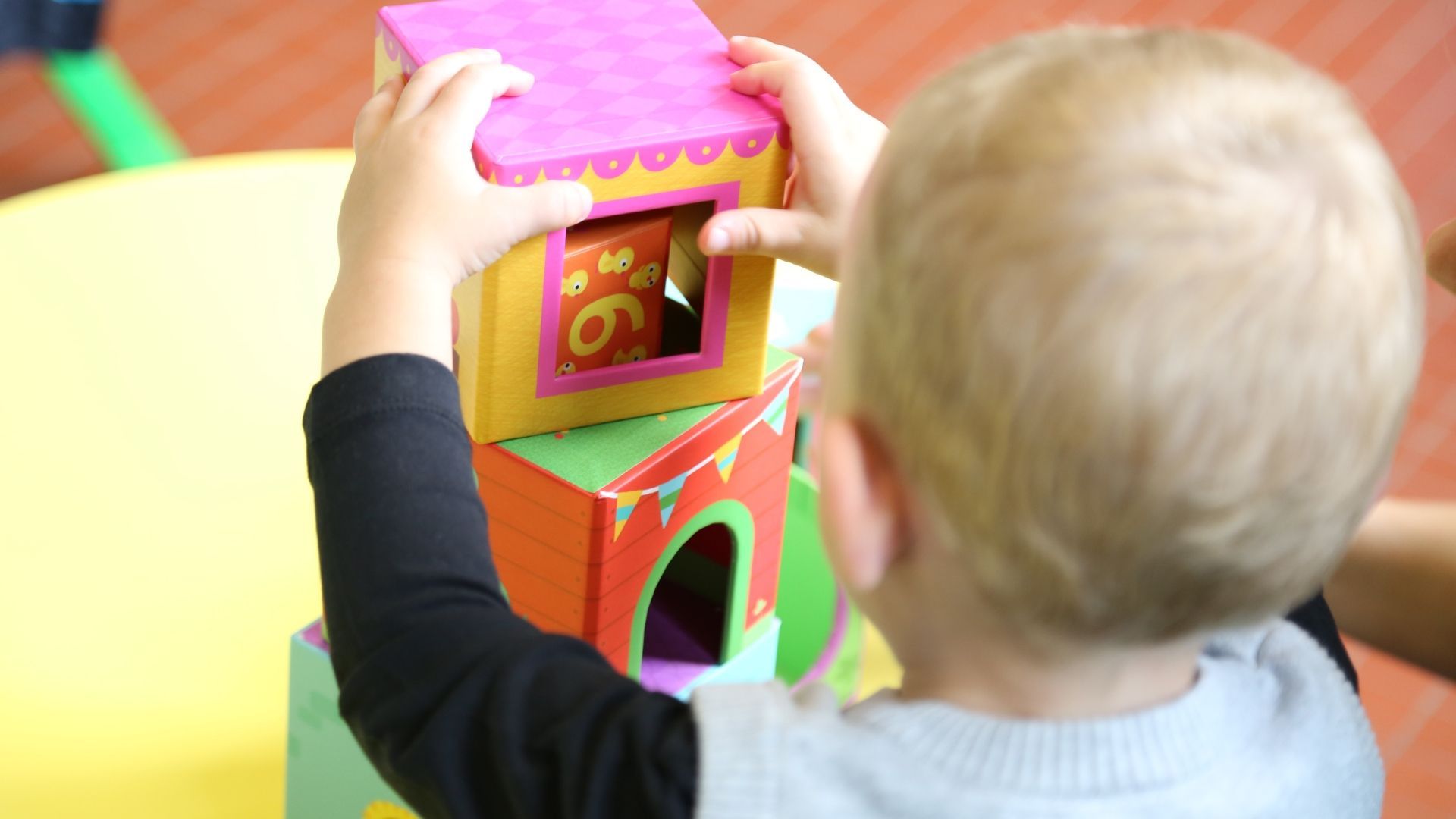1 cup rice (Basmati, long grain or brown)
A container (A tub as shown or a zip up bag also works)
Coloured food gels (Food colouring can be used however take a long time to dry)
Tin foil (Parchement paper can also be used)
A spoon
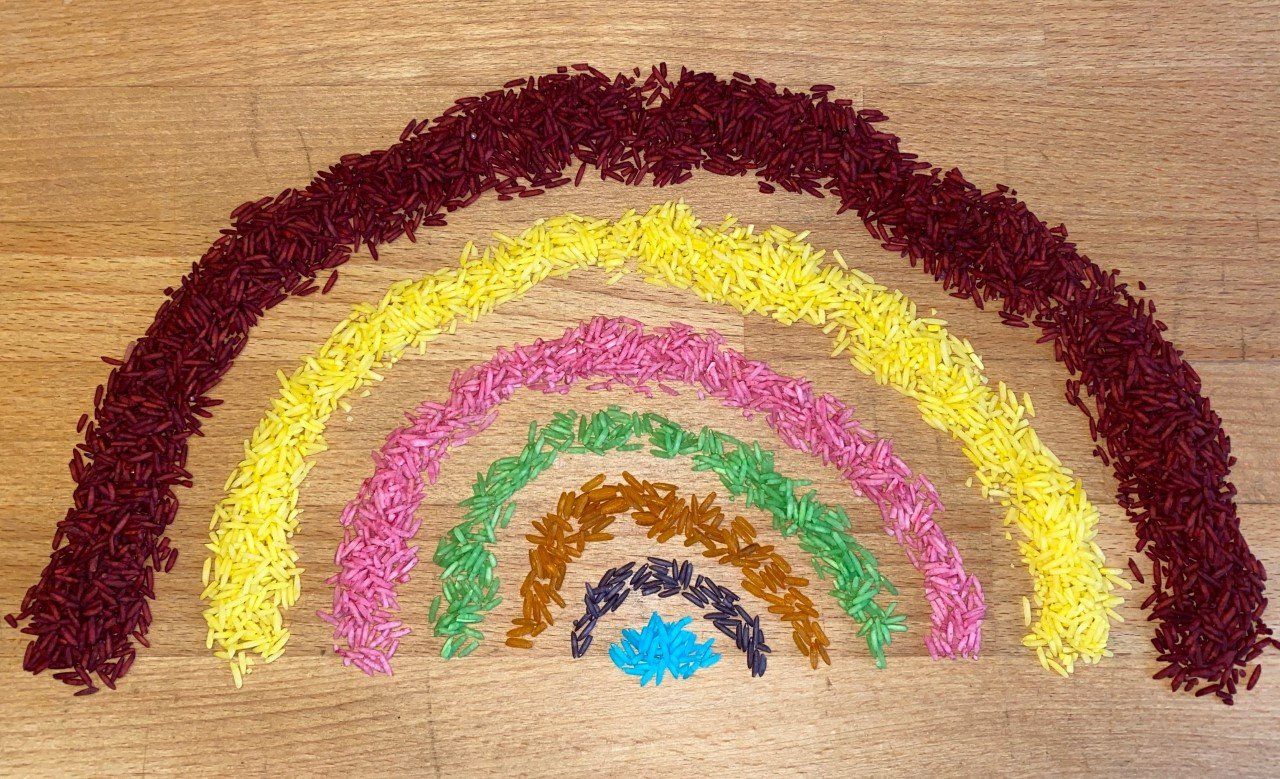
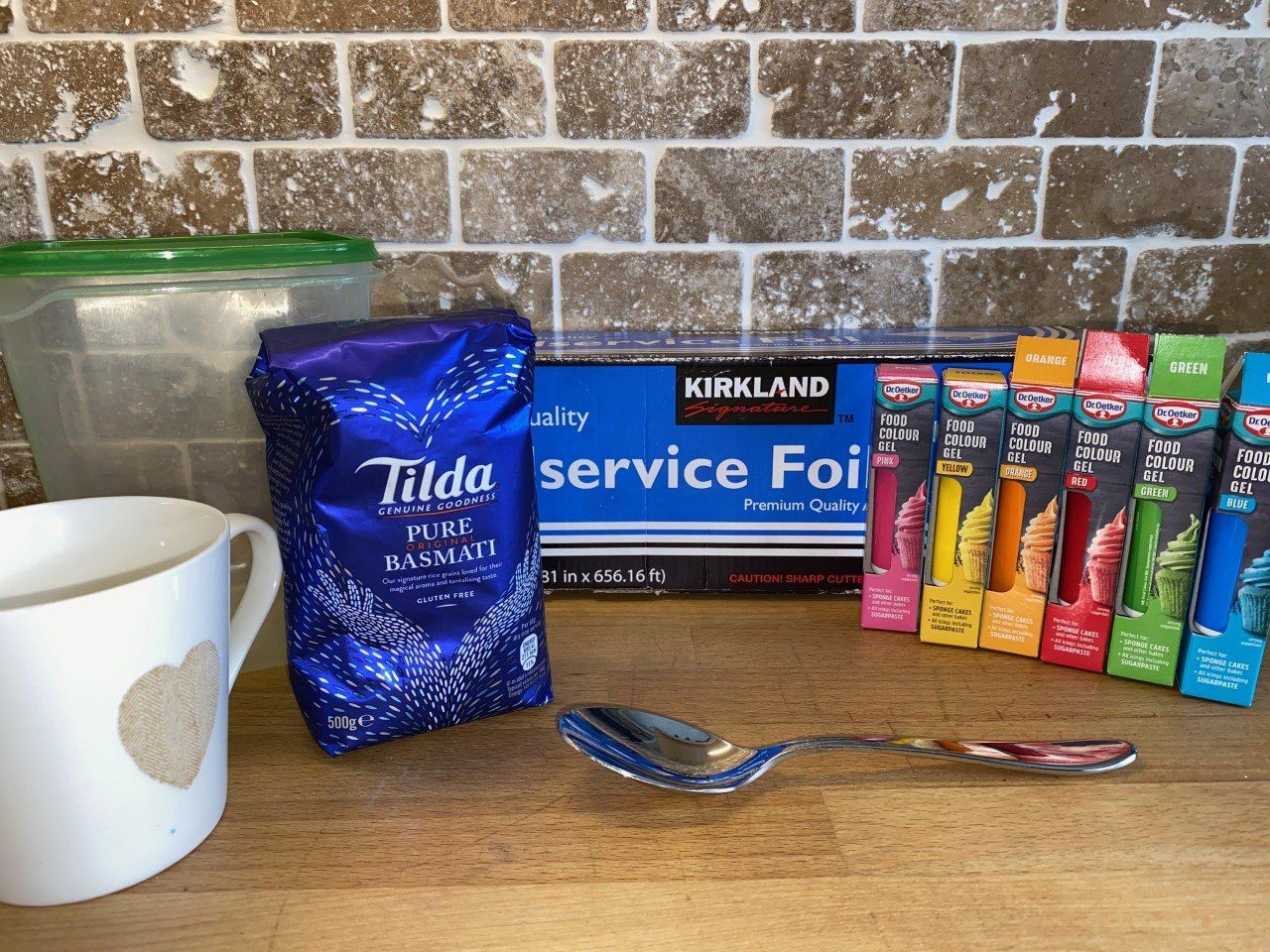
1 cup rice (Basmati, long grain or brown)
A container (A tub as shown or a zip up bag also works)
Coloured food gels (Food colouring can be used however take a long time to dry)
Tin foil (Parchement paper can also be used)
A spoon
